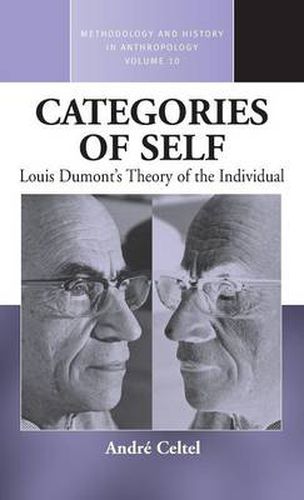Readings Newsletter
Become a Readings Member to make your shopping experience even easier.
Sign in or sign up for free!
You’re not far away from qualifying for FREE standard shipping within Australia
You’ve qualified for FREE standard shipping within Australia
The cart is loading…






This title is printed to order. This book may have been self-published. If so, we cannot guarantee the quality of the content. In the main most books will have gone through the editing process however some may not. We therefore suggest that you be aware of this before ordering this book. If in doubt check either the author or publisher’s details as we are unable to accept any returns unless they are faulty. Please contact us if you have any questions.
Most commentators have tended to focus primarily on one aspect of Dumont’s work, usually his views on caste/hierarchy or his history of Western individualism, granting only passing recognition to the rest of the corpus. This book reveals considerable continuity in Dumont’s writings based around the notion of ‘categories’ and the concept of the ‘individual.’ Throughout his study, the author aims to elucidate, to clarify, to bring to bear an appreciation of Dumont’s entire oeuvre in considering each of the specific books or essays taken as representative of different stages of his long academic career.
$9.00 standard shipping within Australia
FREE standard shipping within Australia for orders over $100.00
Express & International shipping calculated at checkout
Stock availability can be subject to change without notice. We recommend calling the shop or contacting our online team to check availability of low stock items. Please see our Shopping Online page for more details.
This title is printed to order. This book may have been self-published. If so, we cannot guarantee the quality of the content. In the main most books will have gone through the editing process however some may not. We therefore suggest that you be aware of this before ordering this book. If in doubt check either the author or publisher’s details as we are unable to accept any returns unless they are faulty. Please contact us if you have any questions.
Most commentators have tended to focus primarily on one aspect of Dumont’s work, usually his views on caste/hierarchy or his history of Western individualism, granting only passing recognition to the rest of the corpus. This book reveals considerable continuity in Dumont’s writings based around the notion of ‘categories’ and the concept of the ‘individual.’ Throughout his study, the author aims to elucidate, to clarify, to bring to bear an appreciation of Dumont’s entire oeuvre in considering each of the specific books or essays taken as representative of different stages of his long academic career.